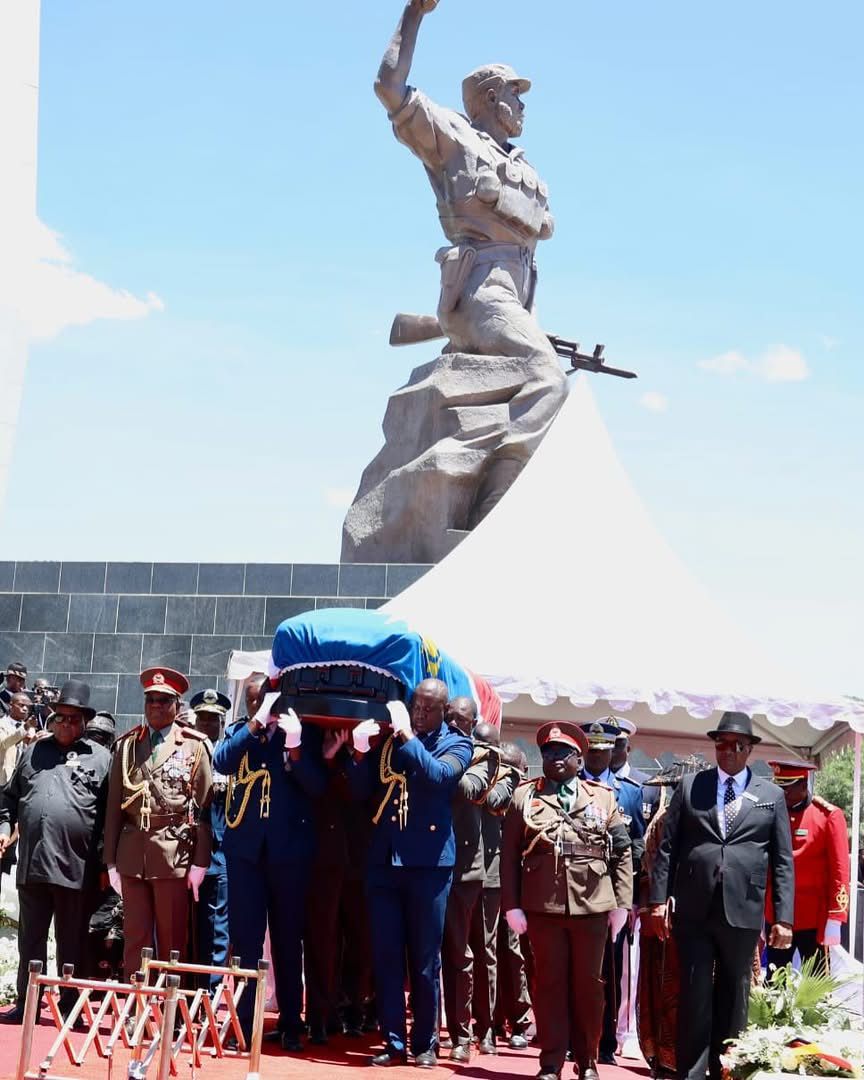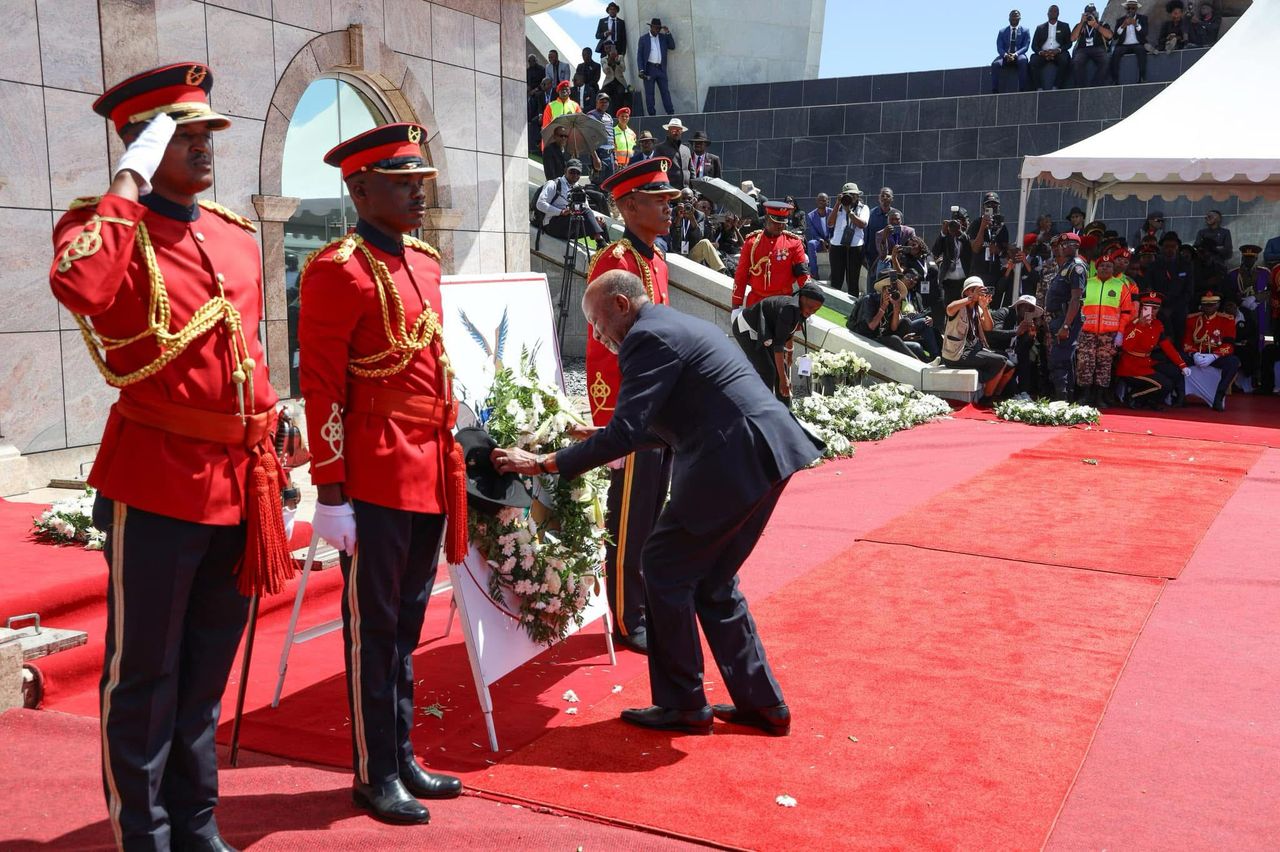The Ministry of Environment, Forestry and Tourism will host a national conference on human-wildlife conflict management this month, on the backdrop of mounting concerns regarding animal attacks.
The conference takes place from tomorrow to Friday at the Namibia Institute of Public Administration, the ministry’s spokesperson, Romeo Muyunda, announced last Tuesday.
Muyunda said with the current challenges and new innovative ideas on how to address the conflict, it has become imperative to have a national conference on human-wildlife conflict management.
“The conflicts have become more frequent and severe over recent decades in Namibia, because of human and wildlife population growth, unplanned agricultural activities and expansion of agricultural and industrial activities,” Muyunda said.
He added that these activities have led to increased human encroachment on previously wild and uninhabited areas.
Muyunda said competition for the available natural habitats and resources has increased, and the effects of climate change are exacerbating these conflicts.
“The situation has been worsened by drought in most parts of the country over the years. The conflict ranges from the destruction of crops and water installations to loss of livestock and homes and in some cases injuries or loss of human lives,” he said.

File photo
He added that there is a need to find mechanisms to mitigate the conflict to lessen the impacts.
He said a variety of approaches can be implemented to manage the conflict efficiently and effectively, in line with the strategies set out in the National Policy on Human Wildlife Conflict Management.
These include prevention strategies that endeavour to prevent the conflict from occurring and take action towards addressing its root causes.
“Protection strategies that are implemented when the conflict is certain to happen or has already occurred, as well as mitigation strategies that attempt to reduce the level of impact and lessen the problem have been put in place,” Muyunda said.
The conference will discuss specific prevention, protection and mitigation strategies for specific species and specific areas of the country and come up with resolutions on how such strategies can be implemented.
Representatives from the environment ministry, other ministries, offices and agencies, regional councils; members of parliament and traditional authorities will attend the conference.
Other representatives will be drawn from conservancies and community forests, farmers, agricultural unions, non-governmental organisations, institutions of higher learning, researchers, as well as private sector and hunting associations.
“We are confident that the conference will come up with resolutions and mechanisms that need to be put in place to reduce the level of human-wildlife conflict,” Muyunda added.
This is to ensure that benefits of conservation far outweigh the cost and to build on the significant successes in managing human-wildlife conflict, he said.
Stay informed with The Namibian – your source for credible journalism. Get in-depth reporting and opinions for
only N$85 a month. Invest in journalism, invest in democracy –
Subscribe Now!










